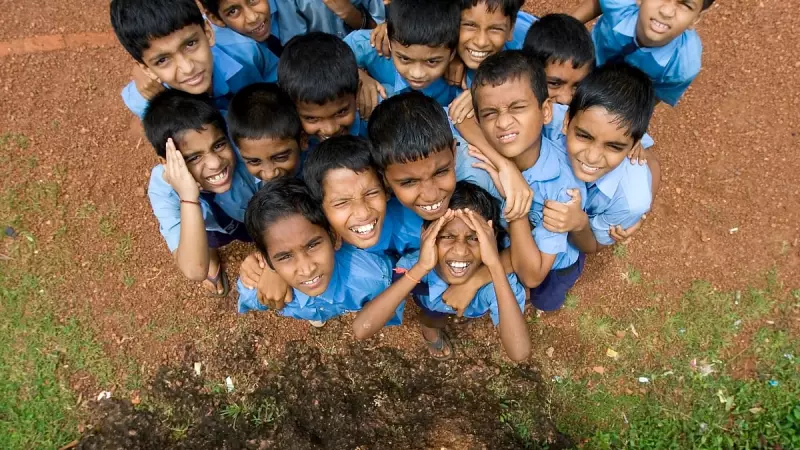
In today's competitive educational landscape, Indian parents and educators face a critical challenge: finding the perfect equilibrium between academic rigor and essential playtime for children. The relentless pursuit of academic excellence often comes at the cost of childhood itself, creating an environment where report cards overshadow recreational activities.
The Vanishing Act of Childhood Play
Across India's urban and semi-urban centers, a concerning trend has emerged where structured learning has gradually replaced unstructured play. Children's schedules are packed with tuition classes, coaching centers, and extracurricular activities that leave little room for spontaneous creativity or simple relaxation. This academic pressure begins as early as primary school, with parents fearing their children might fall behind peers.
The consequences of this imbalance are becoming increasingly evident. Educators report seeing more children exhibiting signs of stress, anxiety, and burnout at surprisingly young ages. The constant pressure to perform academically creates an environment where learning becomes a chore rather than a joyful exploration.
Why Play Matters More Than Ever
Contrary to popular belief, play isn't merely a break from learning—it's an essential component of healthy development. Unstructured play fosters creativity, problem-solving skills, and emotional intelligence in ways that structured learning cannot replicate. When children engage in imaginative games, they develop critical social skills like negotiation, cooperation, and conflict resolution.
Research consistently shows that play-based learning enhances cognitive development and improves academic performance in the long run. Children who balance studies with adequate playtime often demonstrate better concentration, memory retention, and analytical abilities. The physical activity involved in outdoor play also contributes to better health and reduced obesity rates among children.
Creating a Balanced Approach for Indian Children
Striking the right balance requires conscious effort from parents, schools, and society. Schools need to integrate play-based learning methodologies into their curriculum rather than treating physical education and arts as secondary subjects. Many progressive Indian schools are now adopting teaching methods that blend academic concepts with playful activities.
Parents can contribute by setting reasonable expectations and creating technology-free zones where children can engage in creative play. Establishing fixed times for homework, play, and family activities helps create structure without overwhelming children. Simple changes like designating weekends for family outings or unstructured play can make a significant difference.
Educational experts emphasize that the goal shouldn't be to eliminate academic focus but to complement it with adequate playtime. The ideal approach recognizes that both structured learning and free play contribute uniquely to a child's development. When children return to their studies after playing, they often show improved focus and productivity.
As India continues to evolve its educational framework, the conversation must include the importance of preserving childhood. The most successful educational systems worldwide understand that developing well-rounded individuals requires balancing academic achievement with personal growth through play and exploration.





